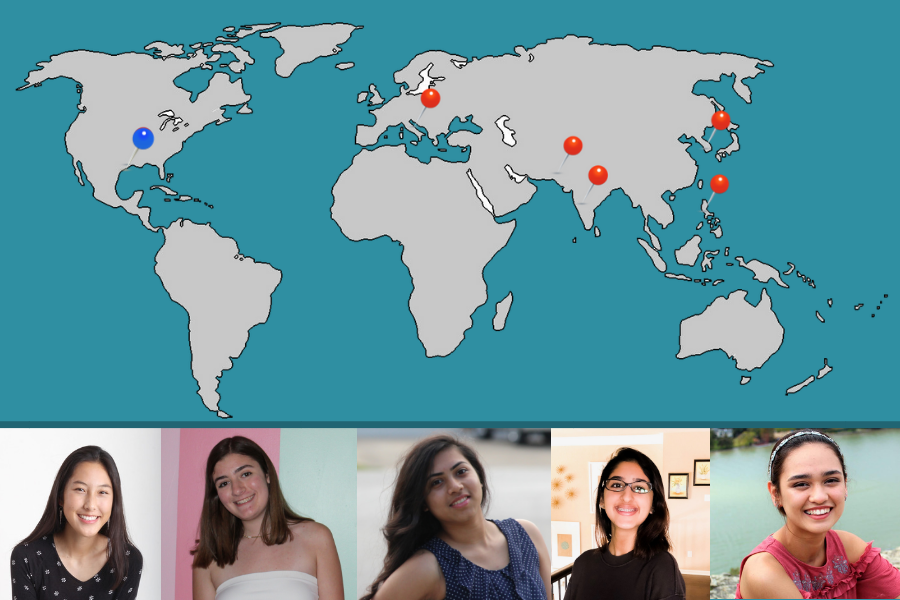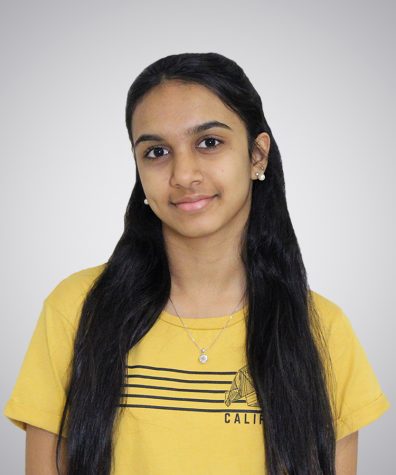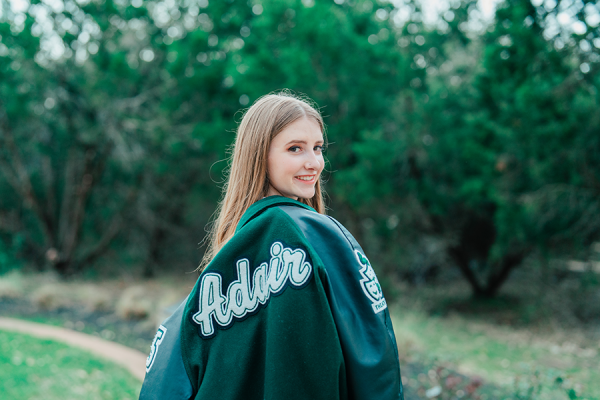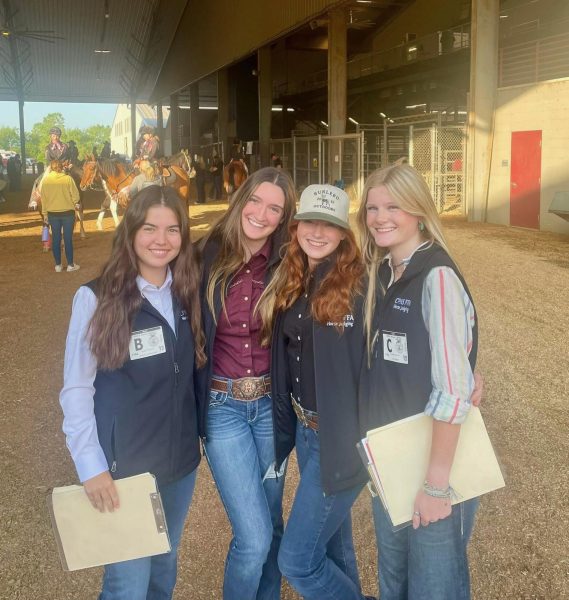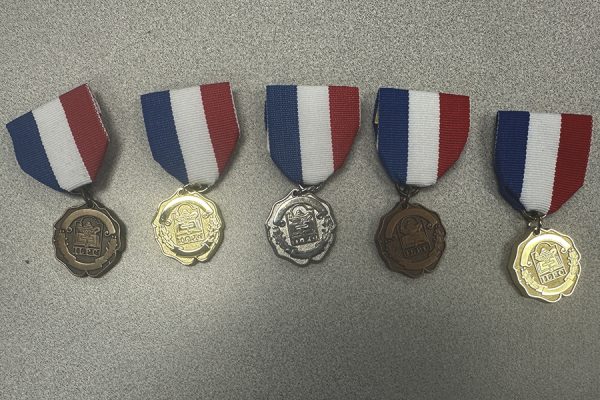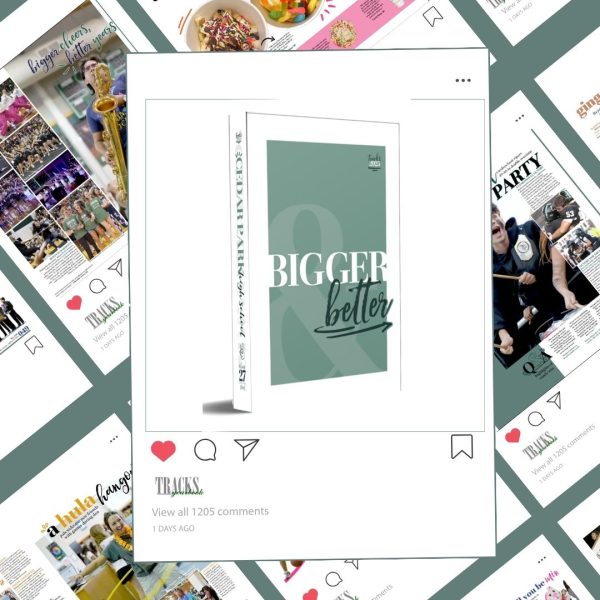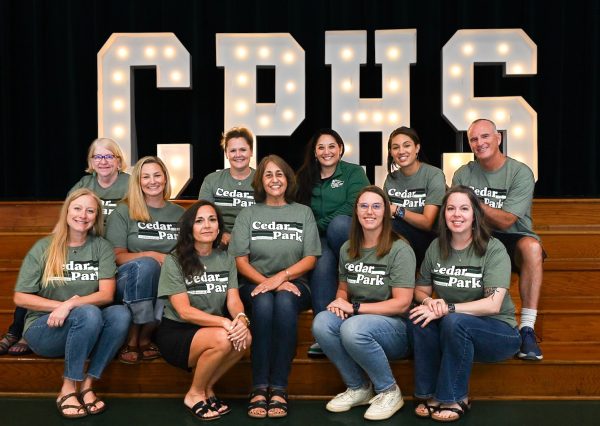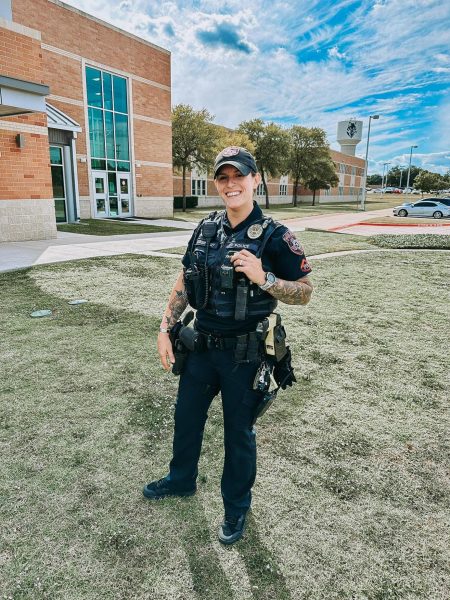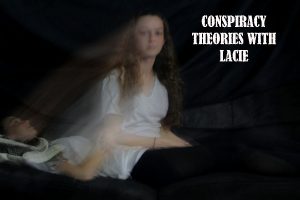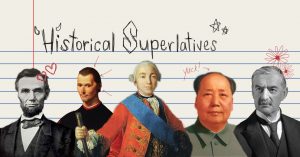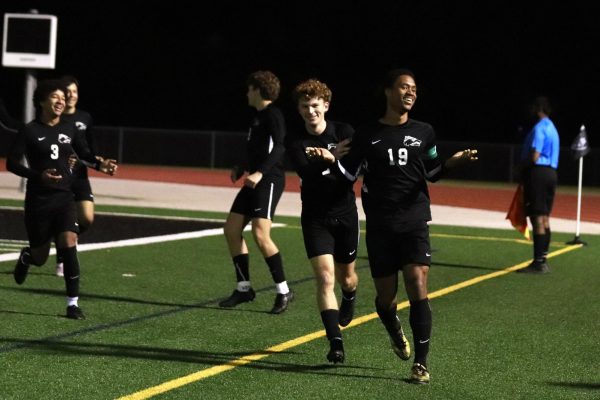Kaleidoscope of Cultures
Students Share Significance of Cultures, Traditions
Photos courtesy of Lia Kim, Emma Mahler, Roshini Krishnaswamy, Vaniya Khan and Brianna VanSickle
Sophmore Lia Kim, junior Emma Mahler and seniors Roshini Krishnaswamy, Vaniya Khan and Brianna VanSickle, who have roots from several parts of the world, practice their own traditions and cultures.
December 21, 2018
Preconceived notions often fill people’s minds when meeting others, preventing new perspectives and relationships from being built. Whether it be understanding one’s upbringing, beliefs, gender or ethnicity, everyone has a unique way of identifying their culture.
While sophomore Lia Kim was born in Chicago and raised in both San Francisco and Austin, her roots come from South Korea. Both her parents are from there, so Kim’s first language was Korean, but she is now bilingual in Korean and English. Kim said she is proud to be set apart from others, as she was brought up in a Korean household.
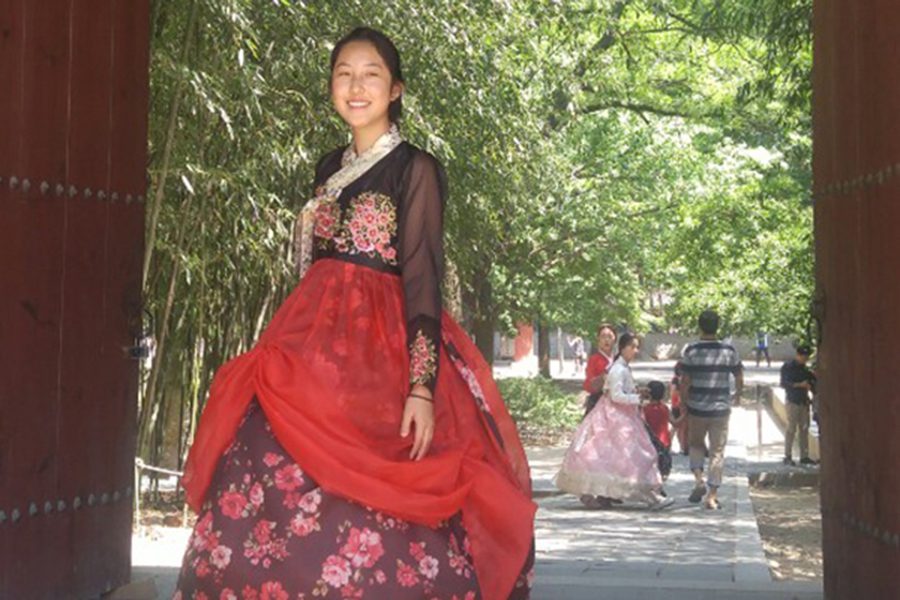
“Diversity is definitely important and needed in our world,” Kim said. “Without it, everything would be the same, and that would be extremely boring. I think people should try to learn more about different cultures, because we all live in the same world, and it’s important for us to understand all the unique views and traditions going on.”
Kim partakes in Korean holidays and traditions with her family to stay connected to them, such as a Doljanchi which she had as a celebration for her first birthday, and Chuseok, a Korean harvest festival.
“A Korean traditional holiday that my family celebrates is Chuseok, and we usually make dduk, which are rice cakes,” Kim said. “Another thing that my parents did was Doljanchi to celebrate my brother’s and my first birthdays. At the Doljanchi, they usually have what’s called a Doljabi, which is where the baby chooses from a bunch of different items like a pencil, money or a stethoscope that are supposed to represent the future of the baby.”
While Kim’s parents both come from South Korea, senior Brianna VanSickle’s parents are ethnically from two drastic parts of the world, the Philippines and the U.S.
Although VanSickle was born in Saudi Arabia, she has been raised in the U.S. for as long as she can remember. She said that between her mother’s Filipino background, and father’s American one, she has experienced a mix of cultures that have caused her to be open to diversity.
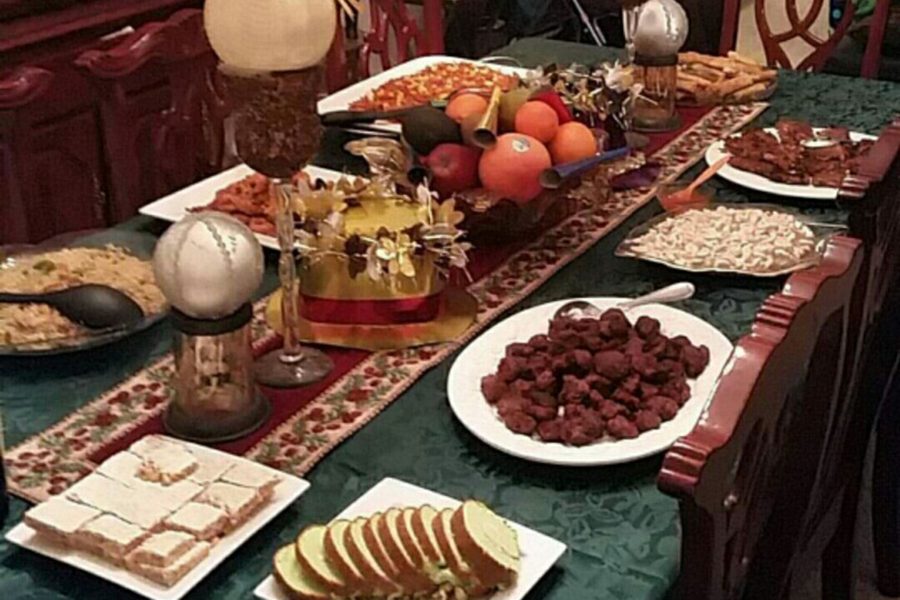
“Diversity actually brings people together, like with my parents, who came from two very different places in the world,” VanSickle said. “It’s important for people to know of different cultures because there are so many out there, and by not being open to them, you could be missing out on people and experiences that can help you grow or change your life.”
Although VanSickle and her family live in the U.S., her traditions still have a Filipino touch to them, her favorite being how her family celebrates every year during New Year’s Eve.
“My favorite [tradition] is every New Year’s Eve, we cook a bunch of food, each dish having a specific meaning to welcome the new year,” VanSickle said. “12 round fruits represent good fortune all 12 months of the year, and noodle dishes represent long life. When it’s time to count down, we put coins in our pockets for good finances and jump up and down for growth. These little things are superstition, but they are always really fun and different from what most of my friends do for New Years.”
Born in Chicago, raised in Austin, and ethnically Indian, senior Roshini Krishnaswamy has also gained a new cultural perspective of herself and those around her through her South Indian parents. She said that being Indian has made her value certain traditions and festivals, like Diwali and Holi, that bring together family despite any hardship one may be facing.
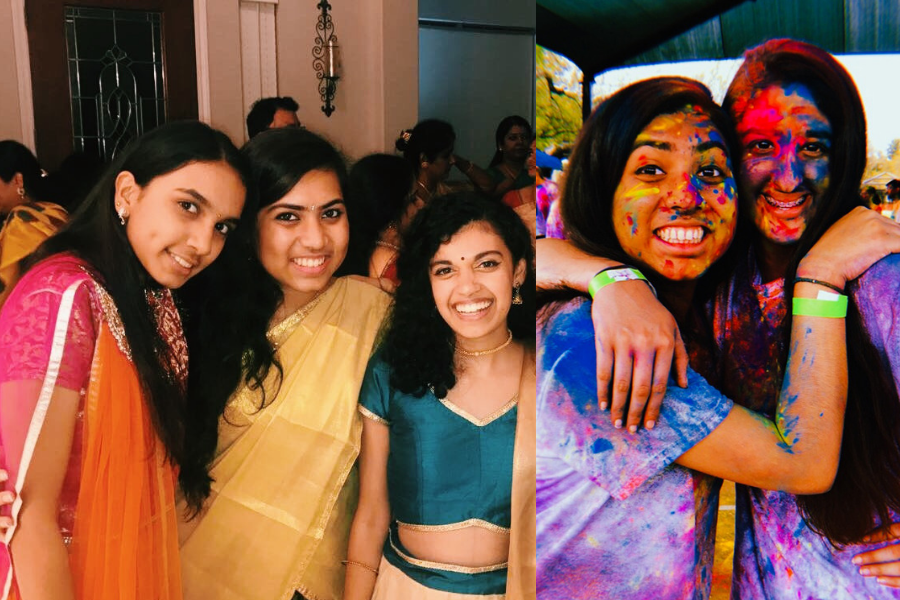
“Diwali, the festival of lights, starts with families gathering, exchanging gifts, and sharing feasts,” Krishnaswamy said. “But my favorite is when we gather around the driveway to light sparklers and Flower Pots, a type of firework, and take pictures to remember the start of the year. Another festival that a lot of young people like is Holi, which is the festival of colors or love. People usually throw vibrant colors at each other and pour water to wash away any regrets or anything that bothers you. This festival also shows our love for our family and friends.”
Junior Emma Mahler, who has roots in Lithuania, Latvia and Poland, said that being Jewish has helped her find her identity. Mahler said she believes in the importance of diversity and knowing different cultures, because without it the world would be dull.
“I think that it is really important for others to know of different cultures because if they didn’t, it would be harder to understand people, the way that other people do things and the way other cultures work,” Mahler said. “I know personally being Jewish, some people ask whether I celebrate certain American holidays, even though I just practice another religion. Being Jewish isn’t just about the religion though, it’s all about the traditions we have and being with family celebrating and bringing people together.”
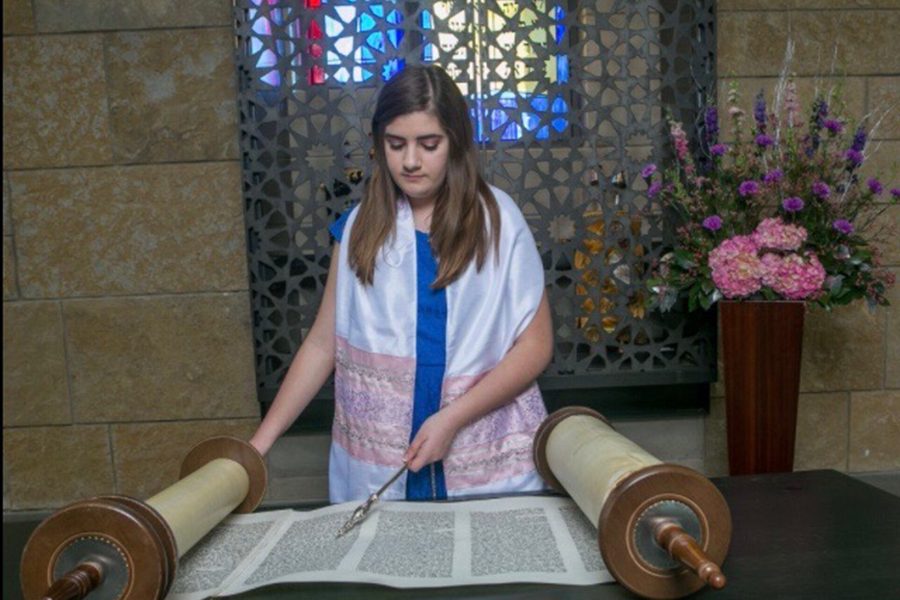
Mahler said she thinks that people should become more aware of religions such as Judaism, as well as its various religious celebrations and traditions. Mahler said her most significant event was her Bat Mitzvah, which serves as the “coming of age” ceremony for girls who practice Judaism, and involves reading out of the Torah to lead a service.
“Having my Bat Mitzvah when I was thirteen really meant a lot to me and has made me feel more connected to Judaism,” Mahler said. “Also, another big tradition is Shabbat, which is every Friday night to Saturday and it is our holy day. Lots of people usually have Shabbat dinners with friends and family. Shabbat means to me, getting together at the end of the week with family and having great quality time together.”
Like Mahler, senior Vaniya Khan connects herself with her culture through her religion, as well as her family background. Khan, an American born Pakistani Muslim, said that there are many traditions she has but also ones that she is yet to experience, one of which being the Basant, a kite festival primarily celebrated in the Punjab region of India and Pakistan.
“A tradition which Pakistanis participate in is the Basant, where everyone wears yellow and goes on their rooftops to fly kites, signifying the start of spring,” Khan said. “I look forward to eventually participating myself because it is a new way for me to bond with my family.”
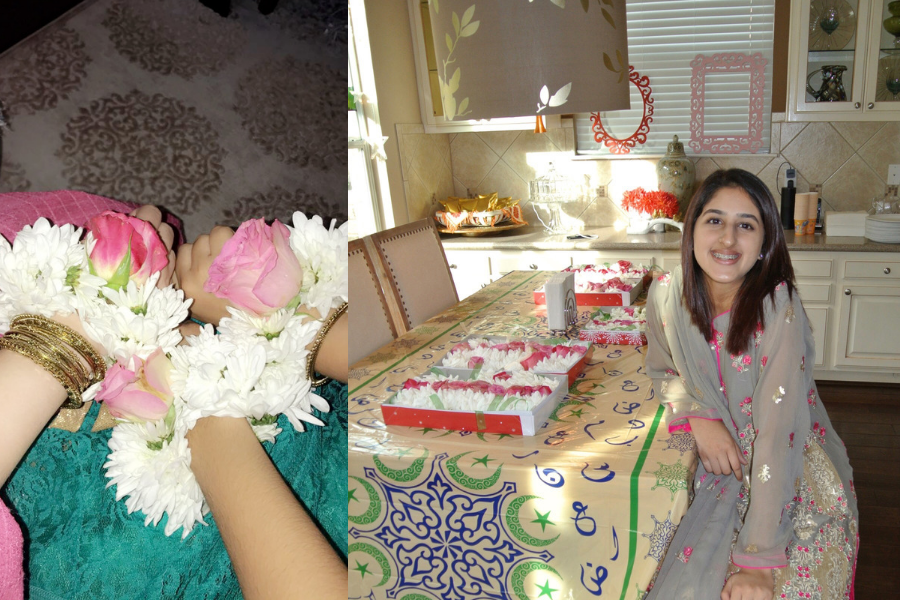
While one of her traditions is shopping with family before Eid, which marks the end of Ramadan, an Islamic month of fasting, she said her pilgrimage to Mecca is the closest to her heart in terms of connecting herself to her roots.
“Going to Mecca with my family for the first time was definitely a milestone in my life,” Khan said. “Participating in religious ceremonies and rituals as well as visiting places mentioned in the Quran such as Mount Hira and The Green Dome made me visualize what I’ve read in the Quran as well as further understand the beliefs of my family.”

![Posing with their UIL State Trophy, the Robolobos Van Halen Team beams with excitement after their win. “It was a team effort,” junior Noah Vo said. “I was happy because something happened in the first match and the match was also really close. So [when] they finally revealed it, I was pretty happy.” Photo courtesy of Amy Lovelace](https://cphswolfpack.com/wp-content/uploads/2025/05/IMG_0910-EDIT-1200x723.jpg)
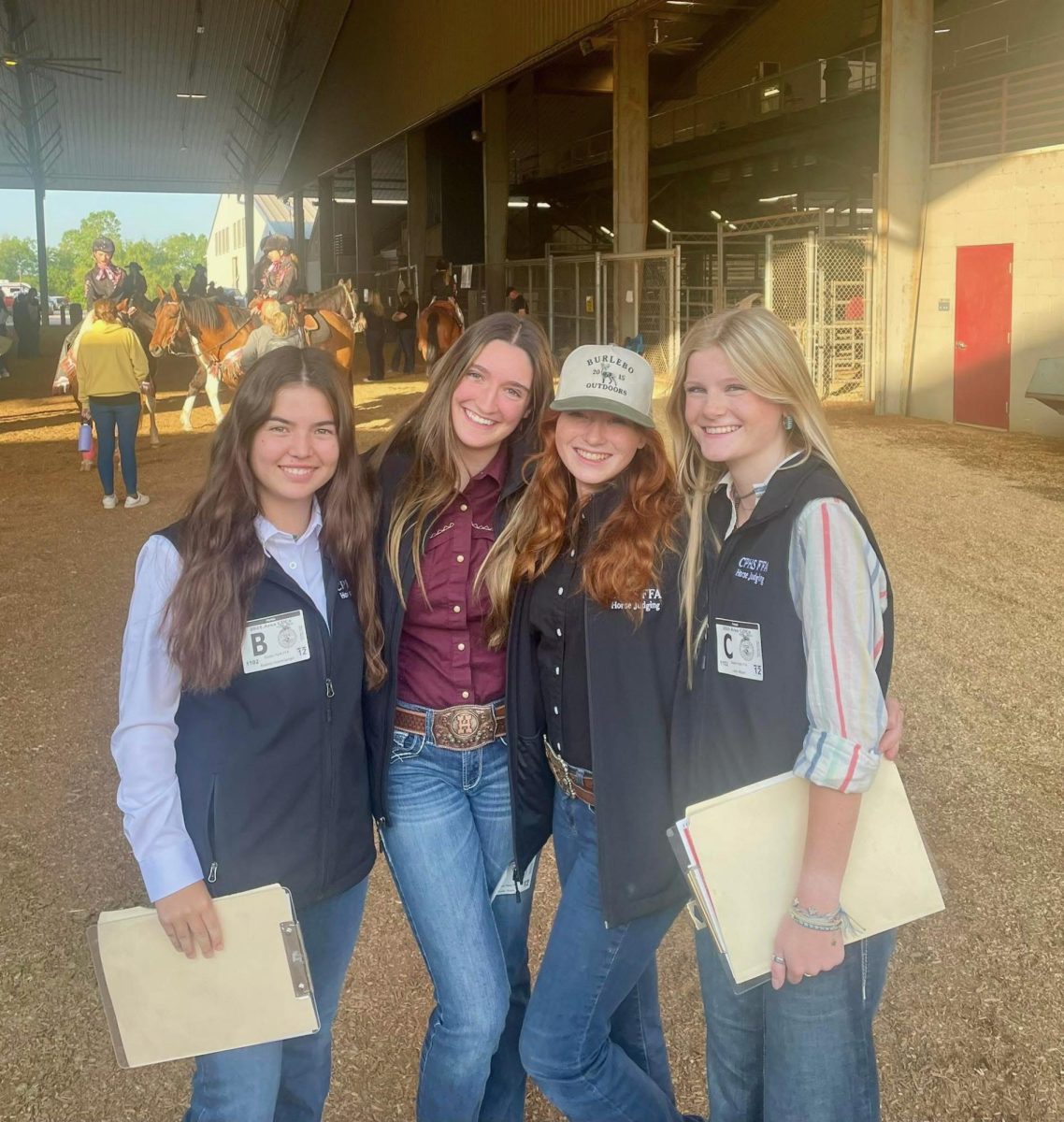
![Broadcast, yearbook and newspaper combined for 66 Interscholastic League Press Conference awards this year. Yearbook won 43, newspaper won 14 and broadcast took home nine. “I think [the ILPC awards] are a great way to give the kids some acknowledgement for all of their hard work,” newspaper and yearbook adviser Paige Hert said. “They typically spend the year covering everyone else’s big moments, so it’s really cool for them to be celebrated so many times and in so many different ways.”](https://cphswolfpack.com/wp-content/uploads/2025/05/edited-ILPC.jpg)
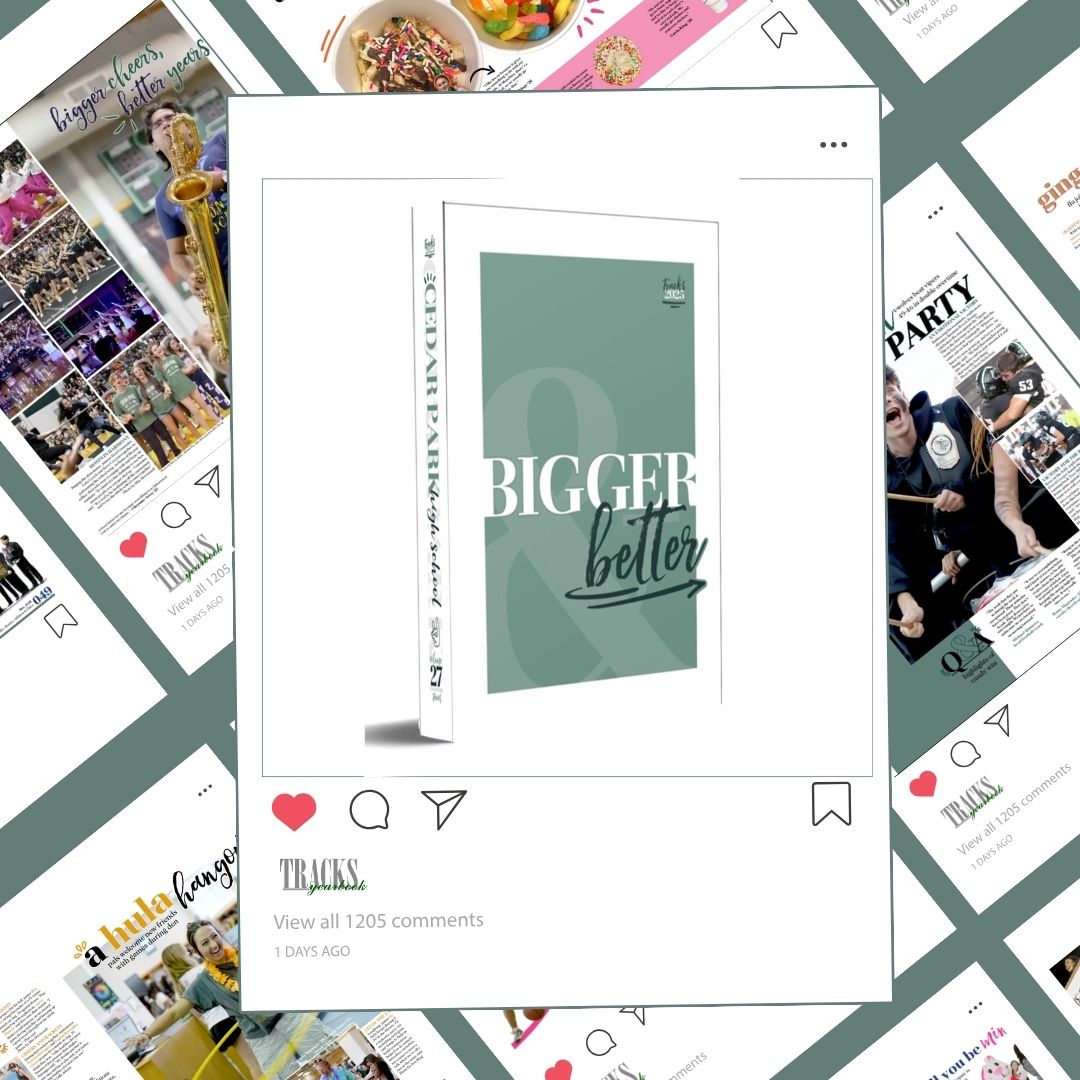










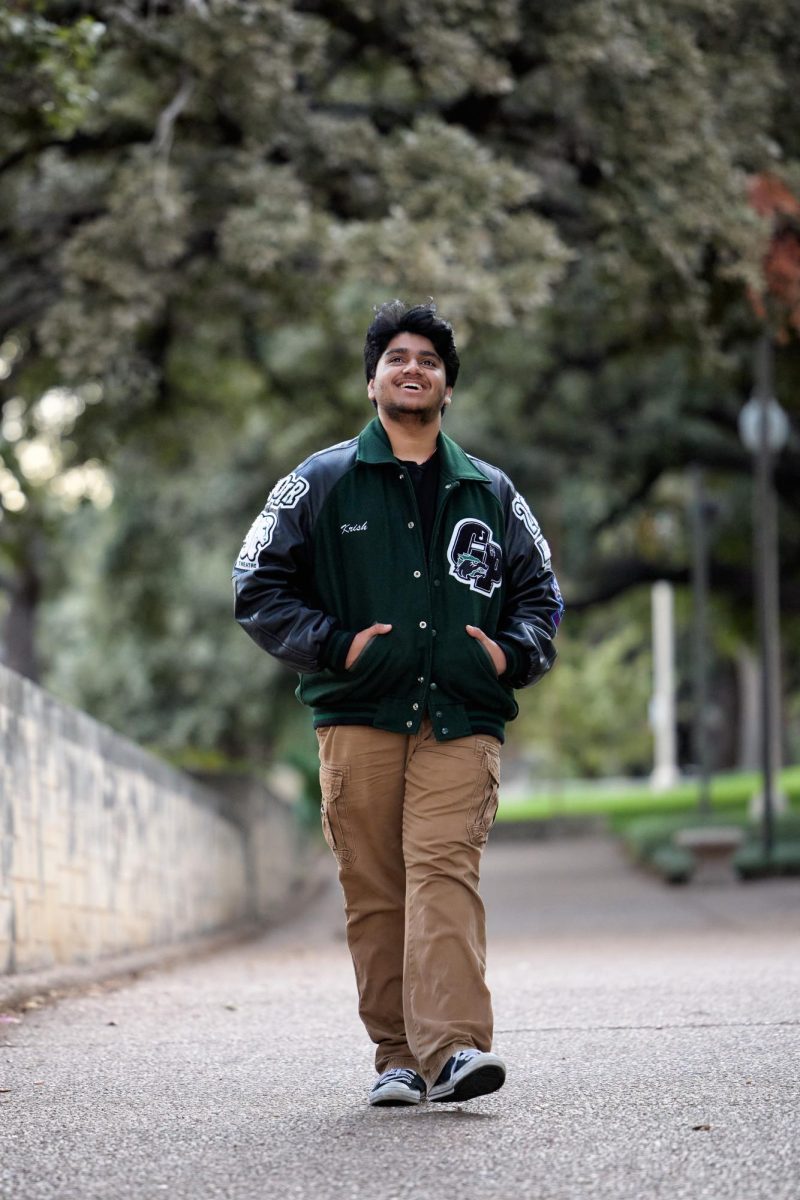

![Bringing her arm over her head and taking a quick breath, junior Lauren Lucas swims the final laps of the 500 freestyle at the regionals swimming competition on date. Lucas broke the school’s 18-year-old record for the 500 freestyle at regionals and again at state with a time of 4:58.63. “I’d had my eye on that 500 record since my freshman year, so I was really excited to see if I could get it at regionals or districts,” Lucas said. “ State is always a really fun experience and medaling for the first time was really great. It was a very very tight race, [so] I was a bit surprised [that I medaled]. [There were] a lot of fast girls at the meet in general, [and] it was like a dogfight back and forth, back and forth.” Photo by Kaydence Wilkinson](https://cphswolfpack.com/wp-content/uploads/2025/03/Kaydence-2.7-23-edit-2.jpg)
![As the support team sits and poses for a photo in the cafeteria with the counseling team they eagerly wait to start their day. "We [all] seem to be a team, I get up every day and there's days where I don't want to go to work today, but I'm thankful that I have a job and I'm blessed to have what I have," Christopherson said. Photo Courtesy of Julie Weltens.](https://cphswolfpack.com/wp-content/uploads/2025/01/AF9E8470-10D7-4C91-BF28-EC8F86BAB66C-1200x852.jpeg)
![Officer Stephanie Cash is in her second year as an SRO at CPHS. “Seeing [students] grow over the years has been kind of cool,” Officer Cash said. “Freshmen that [are] all over the place and then in the next couple of years get a little more squared away and go to class and do work and start thinking about the future. Being a part of a student's growth is the best way to measure my success as an SRO.” Photo Courtesy of Cedar Park Police Department's PIO, Alicia Gallagher.](https://cphswolfpack.com/wp-content/uploads/2024/12/CPHS-SRO-900x1200.jpg)
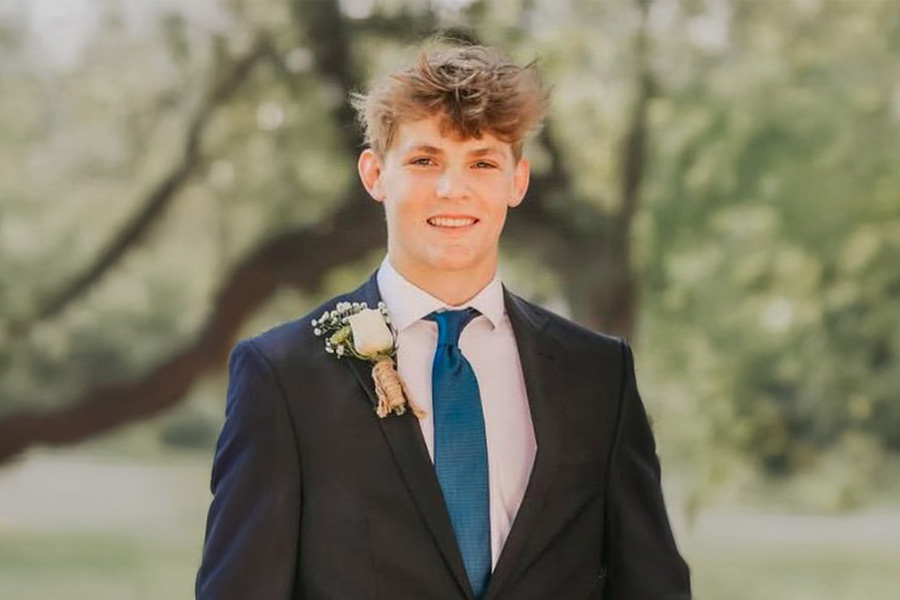

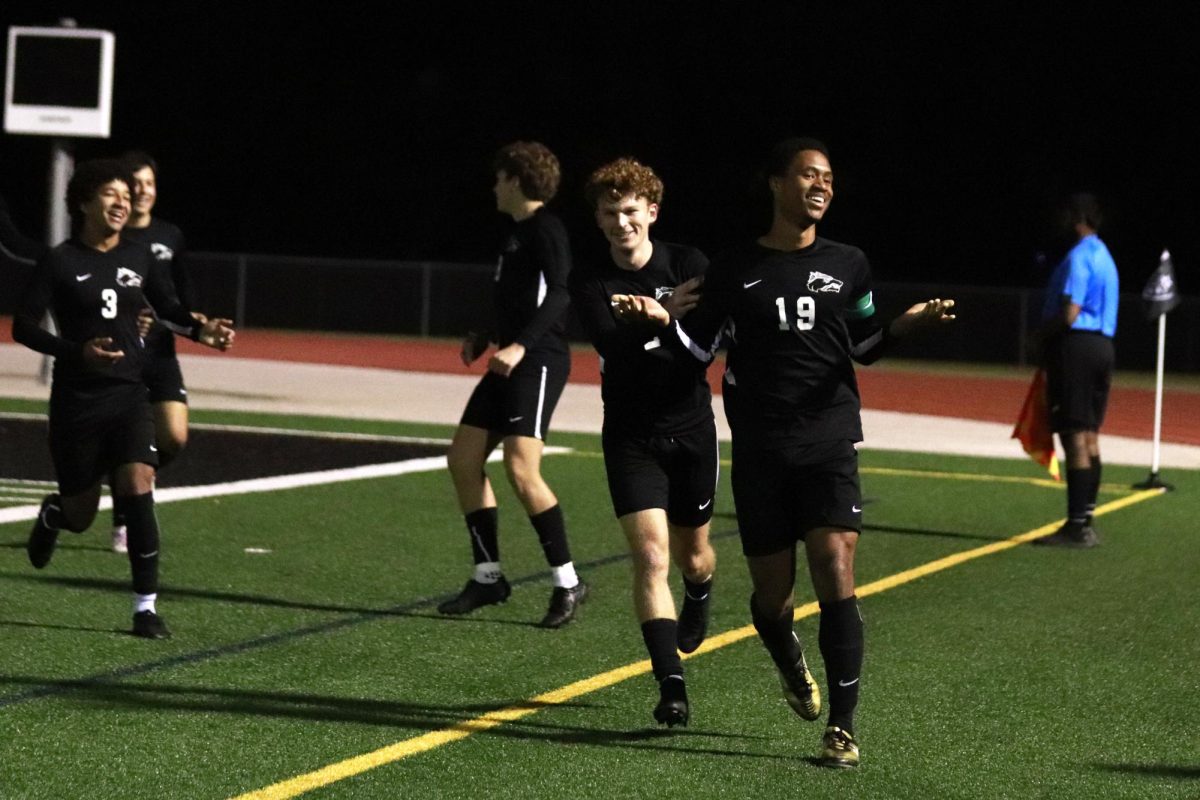
![Taking a breath as he raises his arm up and out of the water, sophomore Kaden Padilla swims the 500 freestyle at the UIL state meet on Feb. 21-22. Padilla placed 10th overall and second in the consolation final in the event, dropping two seconds. “My family was there, so being able to drop time for them was really special,” Padilla said. “It was awesome [finding out I advanced to the consolation finals]. I wasn’t expecting it, and I was very surprised. My parents being there definitely made me a lot happier knowing they got to see me swim in finals.” Photo by Skyler King.](https://cphswolfpack.com/wp-content/uploads/2025/03/kaden-padilla.jpg)

![Three defenders try to stop senior point guard Hope Edwards before the ball leaves her hands. The girls basketball team faced Liberty Hill on Feb 21, losing 58-40. “[My season was] definitely bittersweet,” Edwards said. It's definitely sad [because] I'm gonna miss all my teammates, my coaches and just the whole CP environment.”](https://cphswolfpack.com/wp-content/uploads/2025/03/julia-128-1200x800.jpg)













